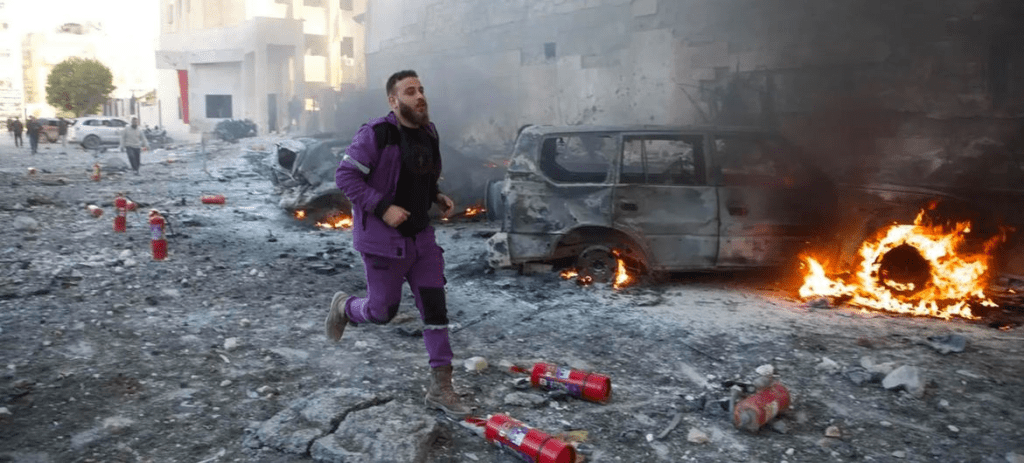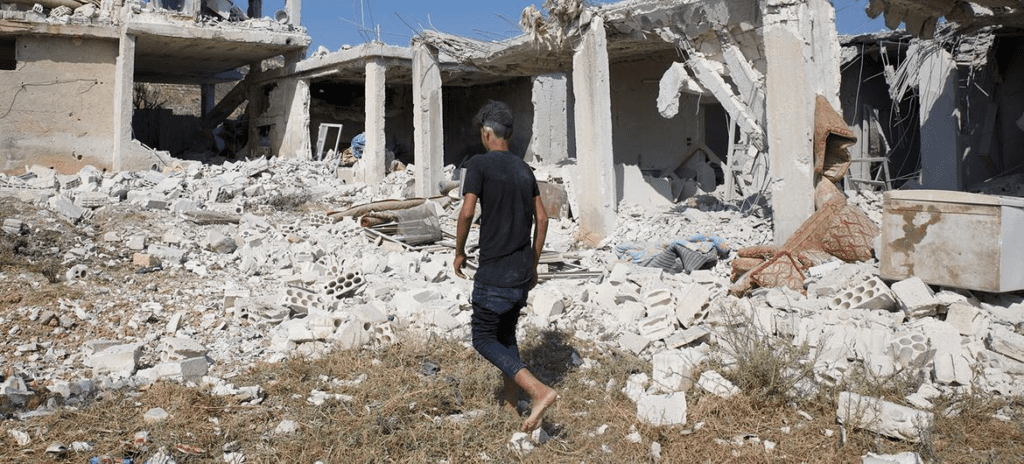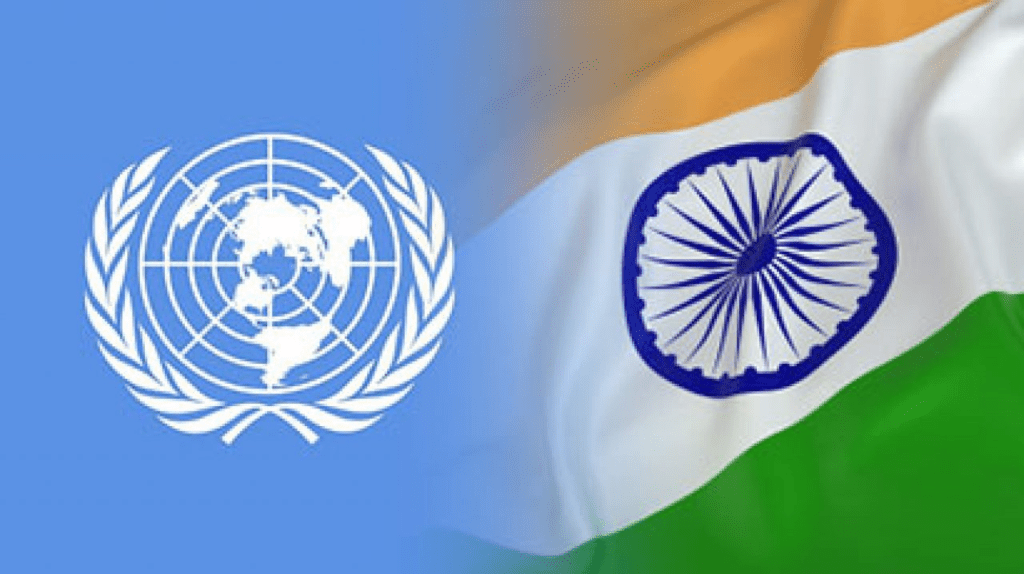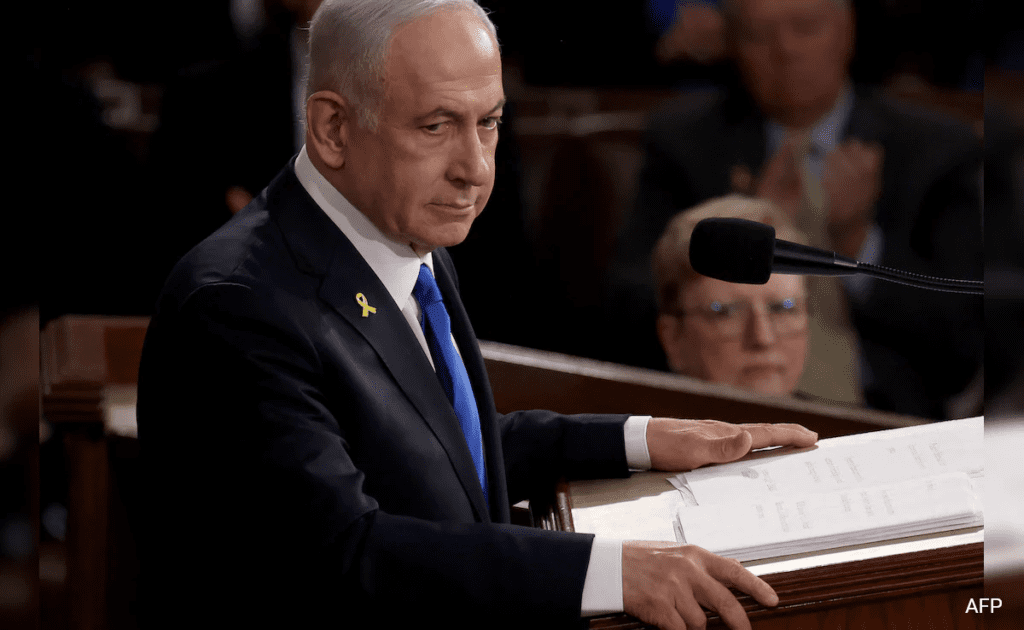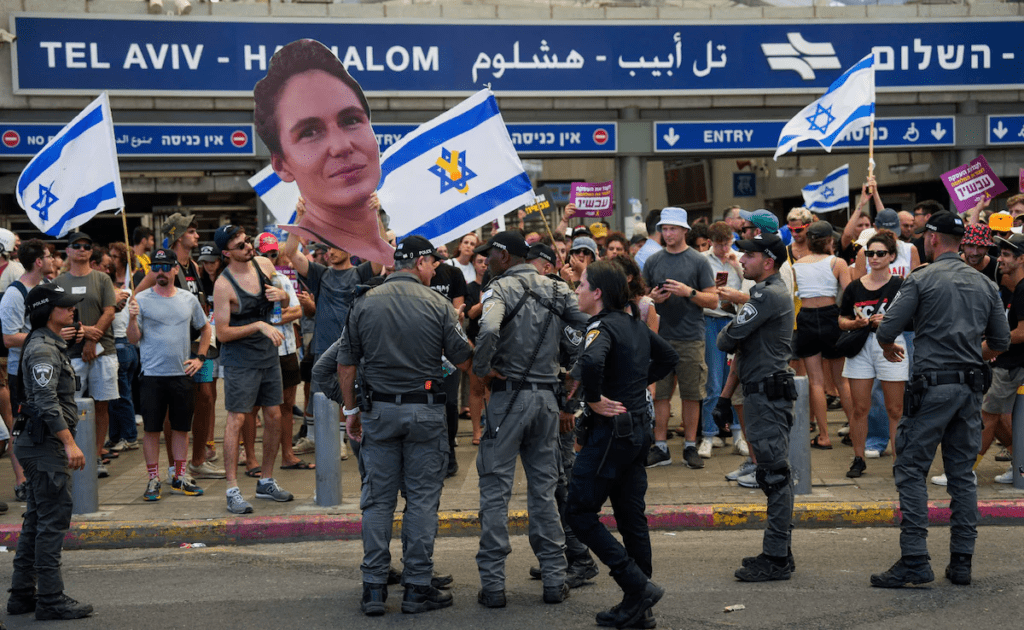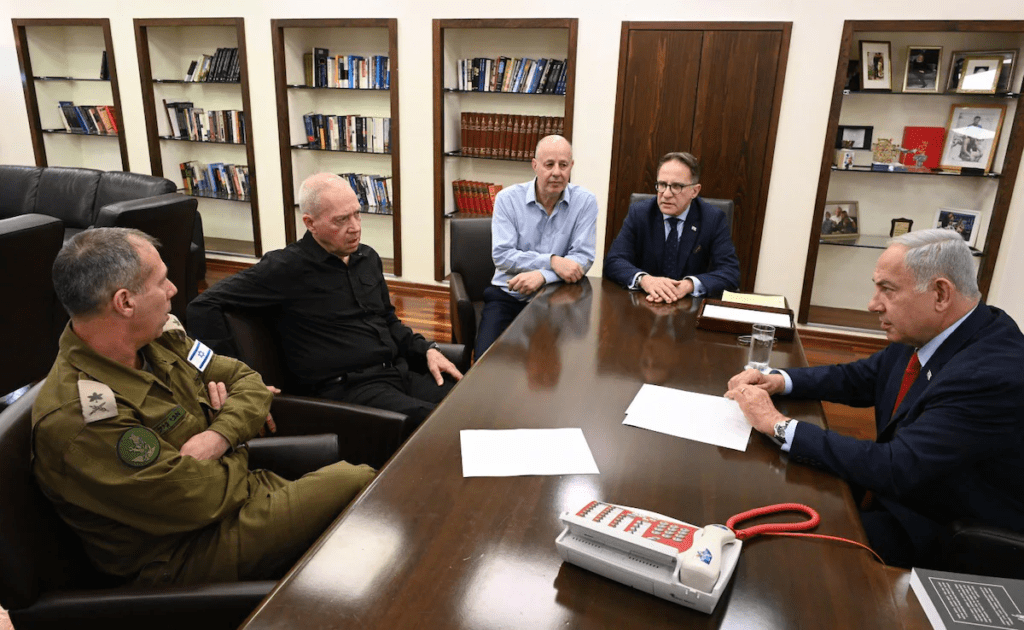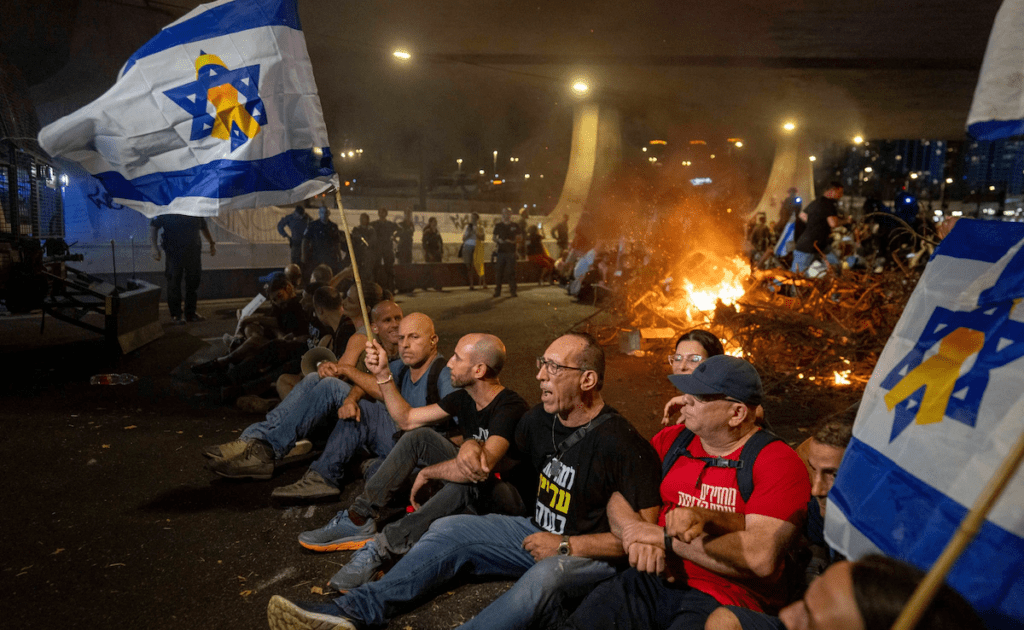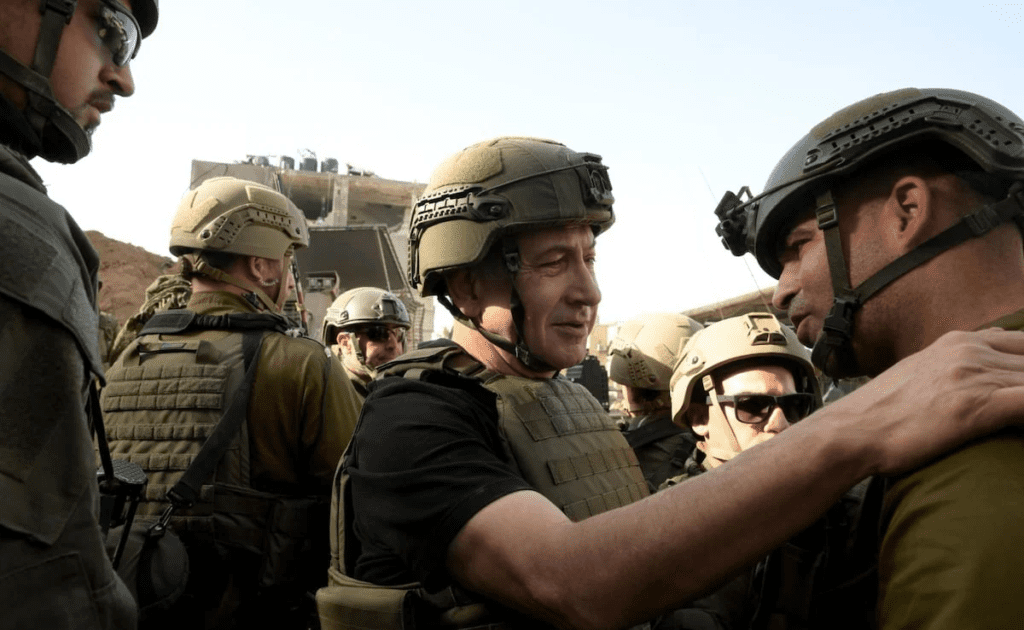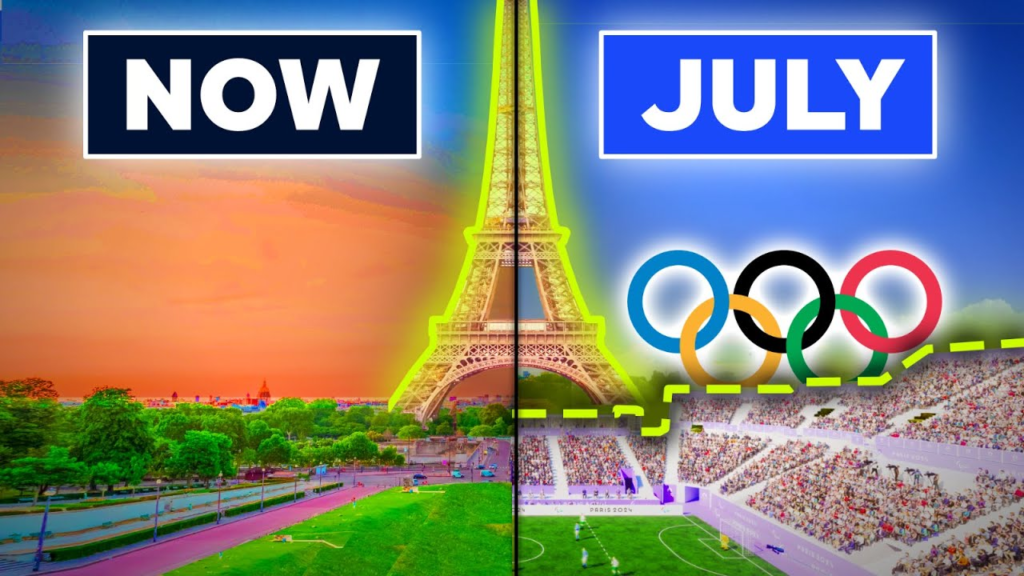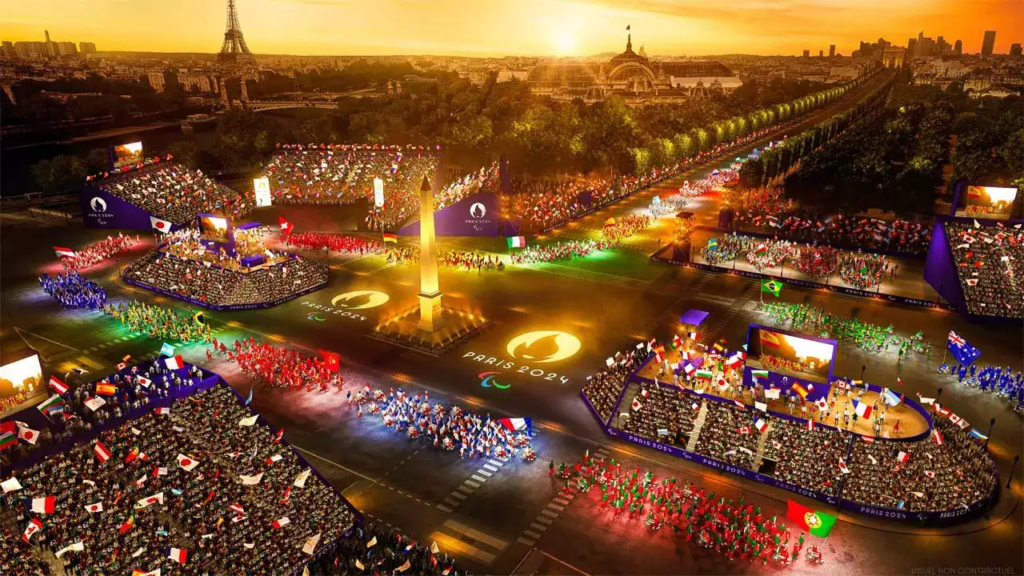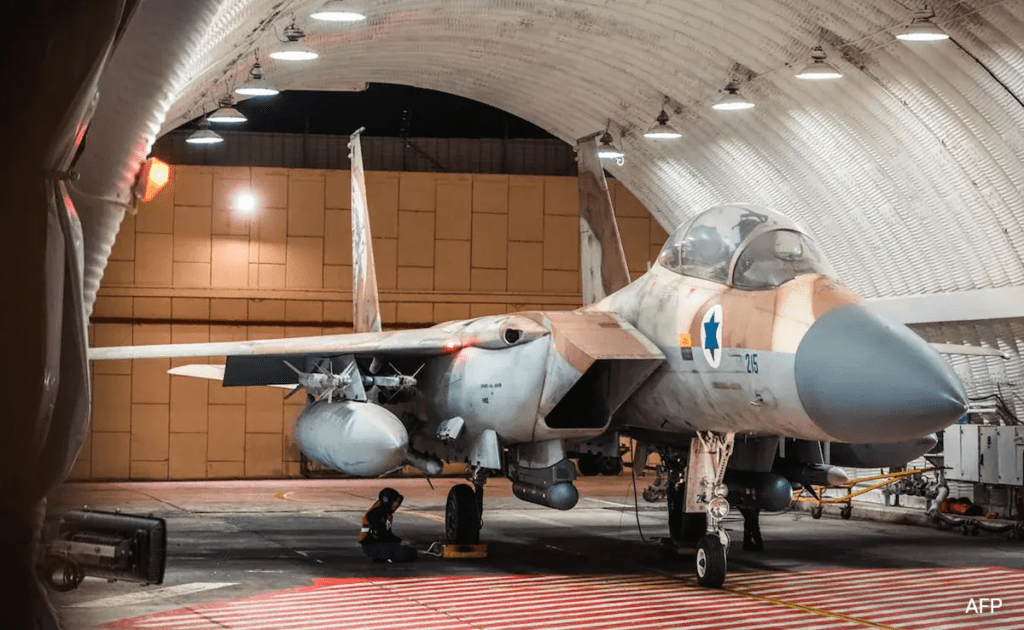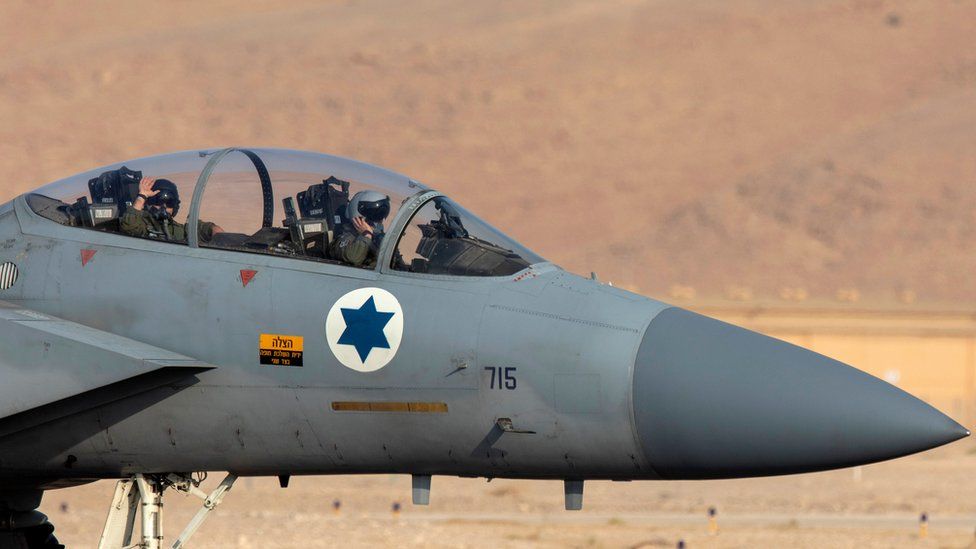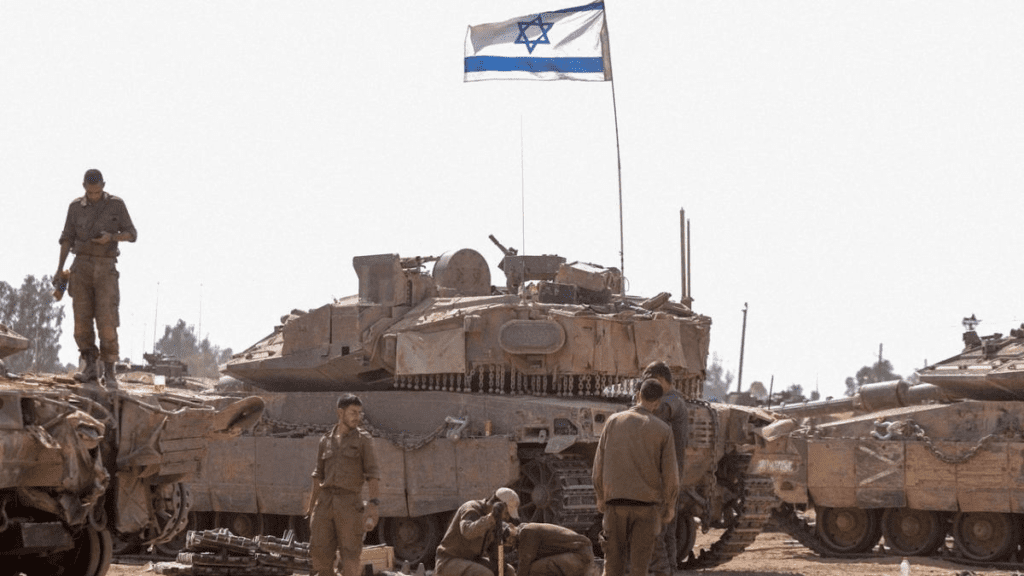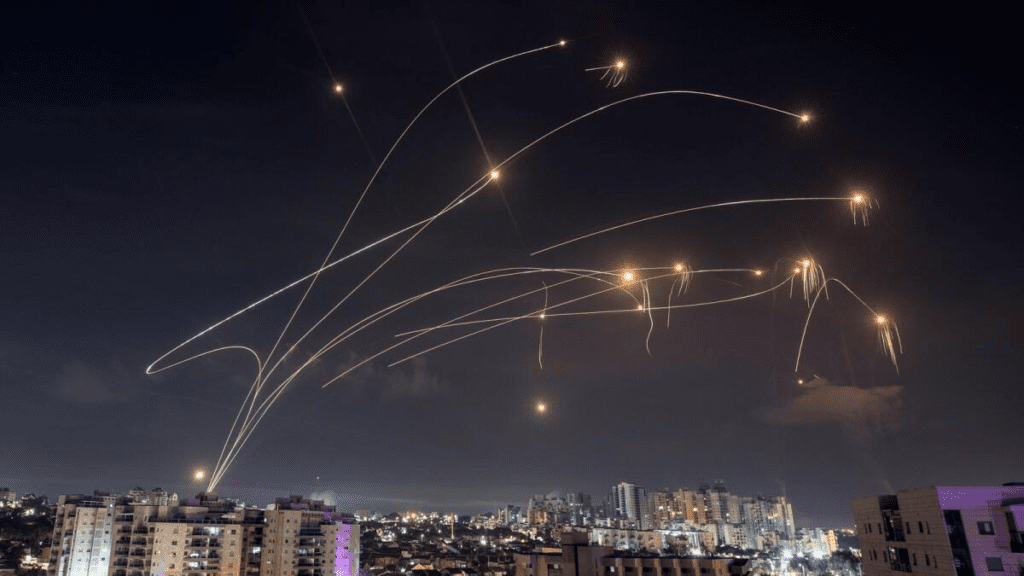Israel-Palestine: Filmmaker Assaulted in West Bank Clash, Military Steps In

On March 25, 2025, a disturbing incident unfolded in the West Bank that once again brought the volatile dynamics of the region into sharp focus. Hamdan Ballal, the Palestinian co-director of the critically acclaimed documentary No Other Land, was reportedly assaulted by a mob of settlers, arrested by Israeli soldiers, and detained under harrowing conditions. His eventual release later that day, after hours of being handcuffed and beaten, has sparked outrage and renewed discussions about the treatment of Palestinians in the occupied territories, the role of settlers, and the broader implications for freedom of expression and human rights.
The Incident: A Violent Encounter
The events began when Hamdan Ballal found himself in the crosshairs of a group of settlers—described by witnesses as numbering in the dozens. According to accounts from activists present at the scene and Ballal’s Israeli co-director, Yuval Abraham, the settlers assaulted Ballal, leaving him and others wounded. The documentary No Other Land, which Ballal co-directed, has gained international attention for its unflinching portrayal of life under occupation in the West Bank, recently earning an Oscar for its poignant storytelling. The film’s success may have made Ballal a target to assault, though the exact motivations behind the settlers’ actions remain unclear.
What followed the assault was equally troubling. Israeli soldiers reportedly intervened—not to protect Ballal, but to arrest him. Witnesses claim that soldiers removed him from an ambulance, where he was presumably receiving medical attention and took him into custody. Posts found on X indicate that Ballal was assaulted, i.e., handcuffed for hours, beaten at a military base, and subjected to harsh treatment before his release was secured. This sequence of events paints a grim picture of a system where violence against Palestinians can escalate unchecked, even against a high-profile figure like Ballal.

Context: The West Bank and Settler Violence
To understand this incident, one must consider the broader context of the West Bank, a territory occupied by Israel since 1967. The region is home to over 2.5 million Palestinians and a growing population of Israeli settlers, whose numbers have swelled to nearly 500,000 across hundreds of settlements and outposts. These settlements, deemed illegal under international law, are a constant source of friction, as settlers often encroach on Palestinian land, leading to frequent clashes.
Settler violence against Palestinians is not a new phenomenon. Human rights organizations, including B’Tselem and Amnesty International, have documented countless cases of attacks ranging from property destruction to physical assaults. In many instances, Israeli security forces are accused of either turning a blind eye or actively supporting settlers, as appears to have happened in Ballal’s case. The detention of a victim rather than the perpetrators raises serious questions about accountability and the rule of law in the occupied territories.
Ballal’s prominence as a filmmaker adds another layer to this incident. No Other Land is not just a creative endeavor; it is a political act, shedding light on the daily struggles of Palestinians living under occupation. The film’s success has amplified voices that are often silenced, making Ballal a symbol of resistance through art. His assault and detention could be interpreted as an attempt to intimidate and suppress such voices, a chilling reminder of the risks faced by those who dare to speak out.
The Aftermath: Release and Reactions
After hours of detention, Hamdan Ballal was freed on March 25, 2025, and allowed to return to his family. His release was met with relief by supporters worldwide, many of whom had taken to social media to demand his freedom. Posts on X celebrated the news, with some users crediting public pressure for his swift release. “Speaking up worked,” one observer noted, while others pointed to the broader issue: the countless “unknown Palestinians” who remain detained without such visibility or advocacy.
The international response has been swift. Media outlets like Haaretz, Variety, and The Wrap covered the story, highlighting the brutality of the assault attack and the troubling role of the military. Ballal’s co-director, Yuval Abraham, has been vocal in condemning the incident, emphasizing the injustice of his colleague’s treatment. Meanwhile, grassroots voices on X have labeled Israel a “rogue state,” calling for the release of all Palestinian detainees and an end to settler violence.
This incident has also reignited debates about the power of storytelling in conflict zones. No Other Land has been lauded for its raw honesty, bridging the gap between Palestinian and Israeli perspectives through the collaboration of Ballal and Abraham. The attack or assault on Ballal underscores the stakes involved in such work—art can provoke, inspire, and, evidently, enrage. Yet, his release offers a glimmer of hope that collective action and global scrutiny can still yield results, even in the face of systemic oppression.

Broader Implications: Freedom, Justice, and Accountability
The assault and detention of Hamdan Ballal are not isolated events; they reflect a pattern of violence and impunity that has long defined the Israeli-Palestinian conflict. For Palestinians, incidents like this reinforce a sense of vulnerability, where even those with international recognition are not safe from attack or arbitrary arrest. For Israelis critical of their government’s policies—like Yuval Abraham—it highlights the moral cost of occupation and the complicity of state institutions in perpetuating injustice.
From a global perspective, this incident challenges the international community to confront uncomfortable truths. The silence or muted responses from some Western governments, often quick to champion free speech elsewhere, stand in stark contrast to the vocal outrage from activists and independent media. The disparity suggests a double standard that undermines claims of universal human rights. If a celebrated filmmaker can be beaten and detained with little immediate consequence, what hope is there for ordinary Palestinians facing similar or worse fates?
Moreover, the role of settlers in this incident cannot be overlooked. Their actions, often shielded by the Israeli military, point to a deeper issue of radicalization within settler communities. Emboldened by political support from far-right factions in Israel’s government, some settlers operate with a sense of entitlement that disregards Palestinian lives and livelihoods. This dynamic not only fuels violence but also complicates efforts toward peace, entrenching a cycle of retribution and mistrust.
Moving Forward: What Can Be Done?
The release of Hamdan Ballal is a small victory, but it does not erase the trauma of his ordeal or address the systemic issues at play. For meaningful change to occur, several steps are necessary. First, there must be an independent investigation into the assault and the military’s response, with accountability for both the settlers and the soldiers involved. Second, the international community—governments, NGOs, and cultural institutions—must amplify pressure on Israel to curb settler violence and uphold the rights of Palestinians, including their freedom of expression.
Finally, individuals can play a role by supporting works like No Other Land, which humanize the Palestinian experience and challenge dominant narratives. Art has the power to shift perspectives, and Ballal’s resilience in the face of this attack is a testament to its enduring impact.
Conclusion
The assault on Hamdan Ballal in the West Bank on March 25, 2025, and his subsequent detention by Israeli forces, is a stark reminder of the fragility of justice in the occupied territories. It is a story of violence, resistance, and, ultimately, survival. While Ballal is now free, the incident leaves lingering questions about the countless others who endure similar fates in silence. As the world watches, the hope remains that this moment will not be forgotten—that it will spur action, reflection, and a renewed commitment to a future where no one is punished for telling their truth.




